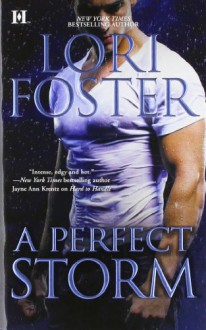
Lori Rader-Day introduces what might have been an intriguing new element for an overloaded genre in her latest novel The Day I Died. A handwriting expert with a traumatic history who consults with law enforcement, business and the private sector, Anna Winger can glean information from provided samples in a Sherlockian style. She is an eccentric, guarded and prickly character who over the past thirteen years been perpetually uprooting herself and her teenage son in order to escape a shadowy, menacing presence from her past. As her rebellious son struggles to adjust to their latest new town, Anna is enlisted to help a highly skeptical sheriff with the case of a missing toddler. Continually defensive about her abilities and what they can contribute to the case, Anna is begrudgingly drawn in by the community despite being distracted by her tendency to mistrust and avoid any entanglements. She is tempted to run away again when it seems that her true identity has been discovered and her son becomes increasingly insistent about learning about his origins. Soon events force Anna to return to her childhood home, and some incredible connections crop up between her current work and her own past. Rader-Day skillfully portrays the contentious mother-son relationship, and one is left feeling truly sorry for the teen whose mother is incapable of recognizing how detrimental her decisions have been to his life. The handwriting analysis angle is provided to give the novel a twist, but seems a bit dated given the our increasingly digitized world. So many current thrillers feature a damaged female protagonist armed with a rough exterior and similar issues or backstories that whole sections of bookstores could be devoted to them. So, any differentiators from the typical formula are refreshing—if they can be well-executed and avoid being too “gimmicky” in their deployment. Unfortunately, The Day I Died falls short in both areas. Anna’s feats of handwriting analysis abilities are not exciting enough to overcome the slow pace of the first section of the book, and the plot only starts getting interesting in the final third of the book when Anna returns to her hometown. The coincidences needed to combine Anna’s present and past strain plausibility, and Anna herself is such an alienating character that she is almost a caricature of unlikability. There is also a “romantic” subplot that contributes very little and becomes an add-on that appears forced and unnecessary. Ultimately, The Day I Died is relegated to a merely passable entry in a field that already provides too much rich competition for it to stand out successfully from the crowd.
Thanks to the author, Harper Collins/William Morrow and Library Thing for an advance copy of this book in exchange for an unbiased review.


 Log in with Facebook
Log in with Facebook 









